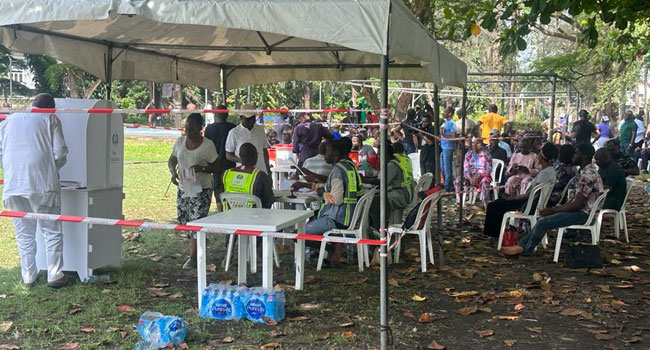
In a bold legislative push to combat declining voter participation, the House of Representatives has passed the second reading of a bill that seeks to make voting compulsory for all eligible Nigerians.
The bill, sponsored by Speaker Tajudeen Abbas, was extensively debated during Thursday’s plenary session and received overwhelming support to advance to the next legislative stage.
Nigeria, despite boasting over 93 million registered voters in the 2023 general elections, witnessed a turnout of only about 27%. This worrying trend has triggered concerns over democratic legitimacy and public trust in elected officials.
The proposed legislation aims to address this apathy by mandating electoral participation, a move proponents believe will enhance political accountability and broaden citizen engagement in governance. Speaker Abbas noted that the bill includes provisions for robust voter education, improved polling access, and practical enforcement measures.
Countries like Australia, Belgium, and Brazil already practice compulsory voting, often achieving turnout rates above 90%. Advocates of the Nigerian bill point to these examples as models of increased civic responsibility. However, critics warn of implementation challenges, especially in rural and insecure regions, and raise questions about potential infringements on individual freedom.
Despite these concerns, the bill sailed through a voice vote and has now been referred to the relevant committee for further scrutiny. If passed into law, Nigeria could become one of the few countries in the world to enforce mandatory voting.
Comments